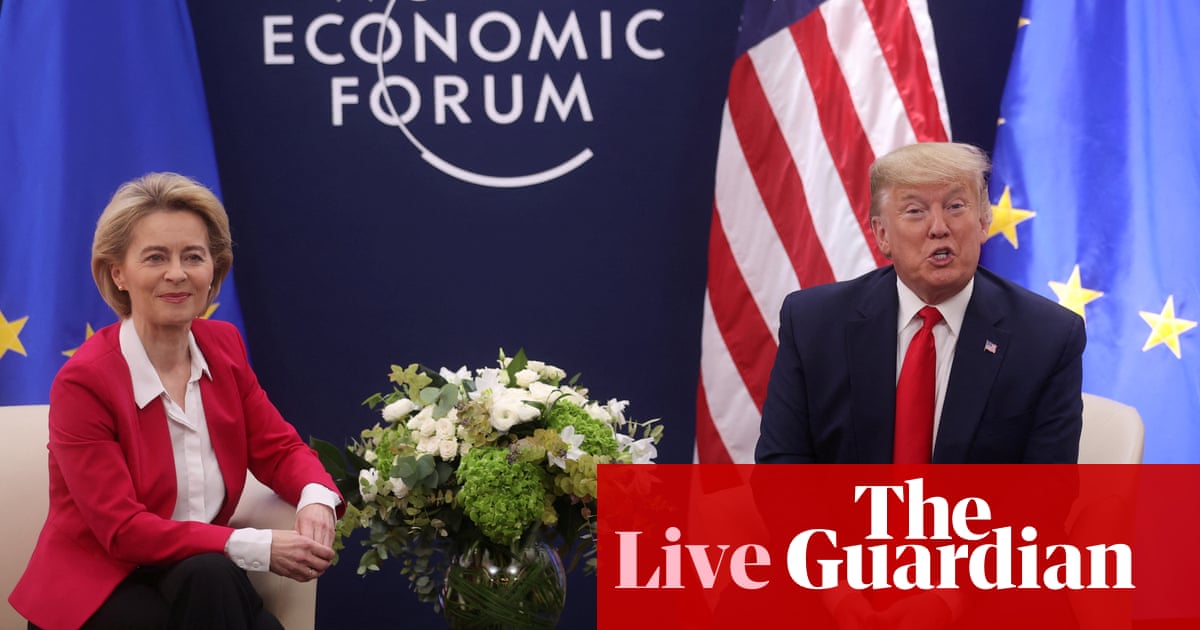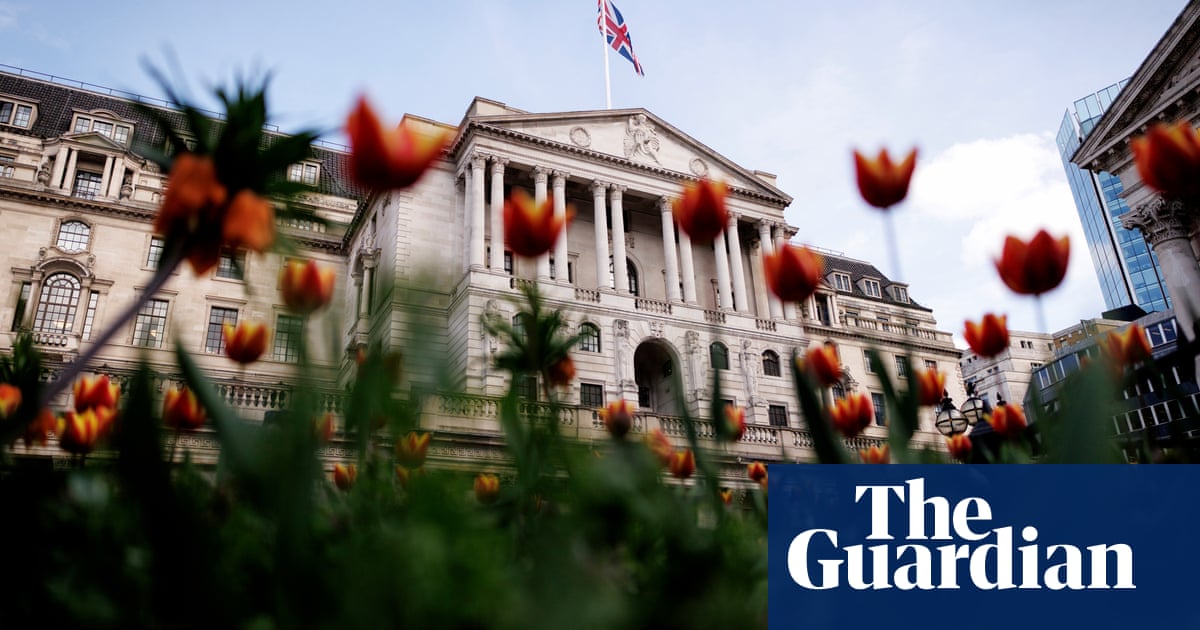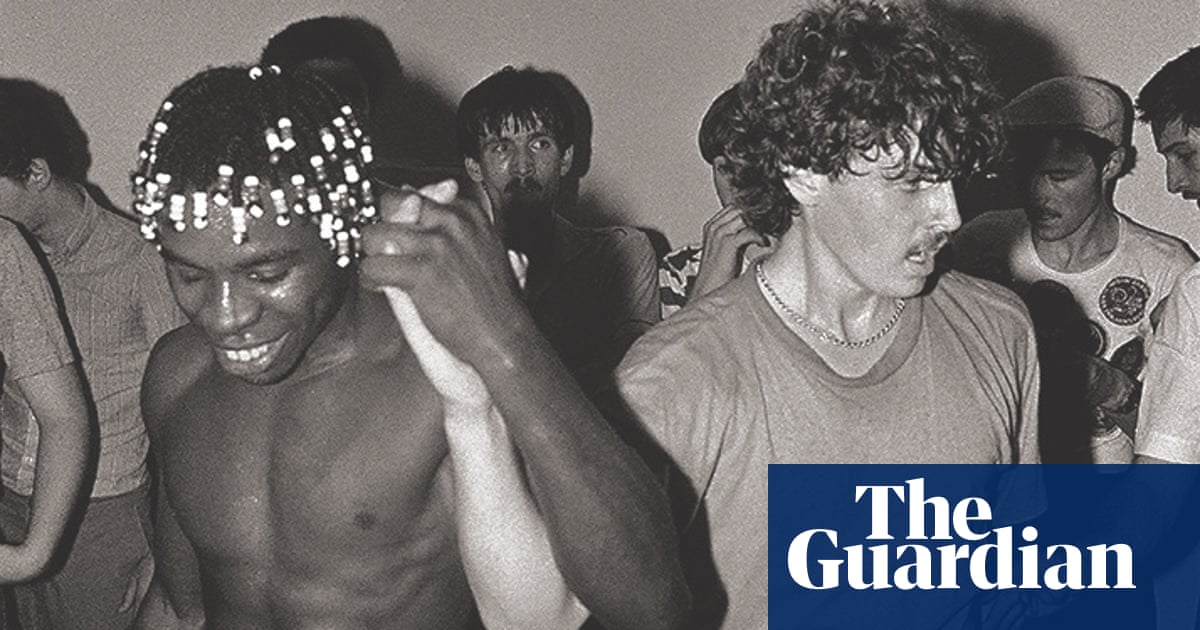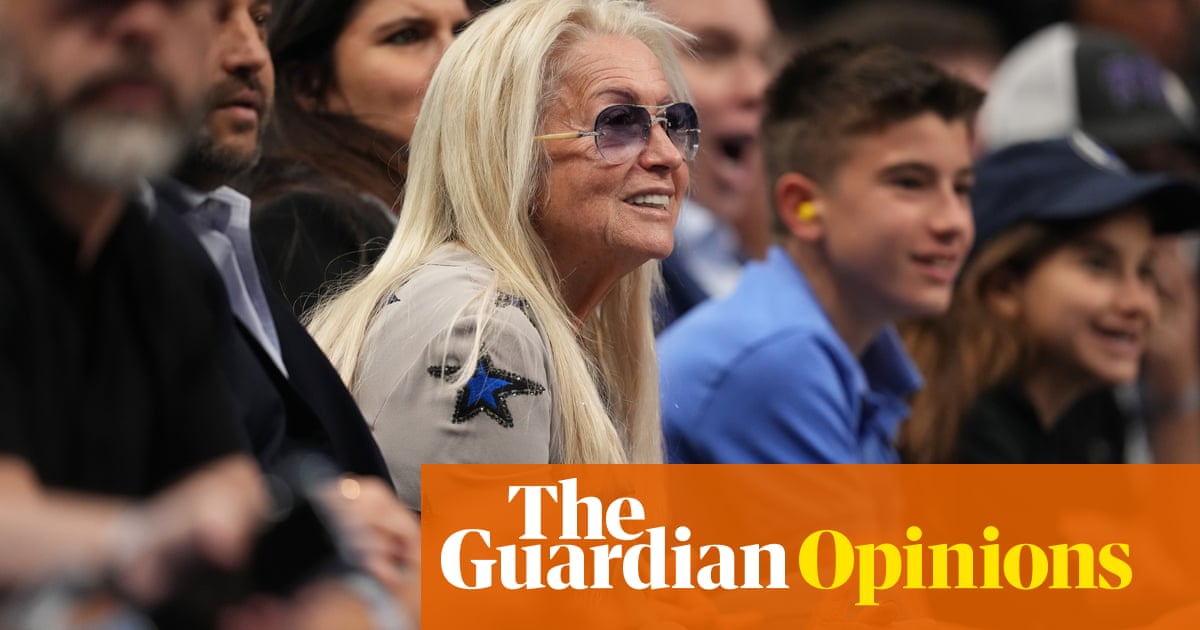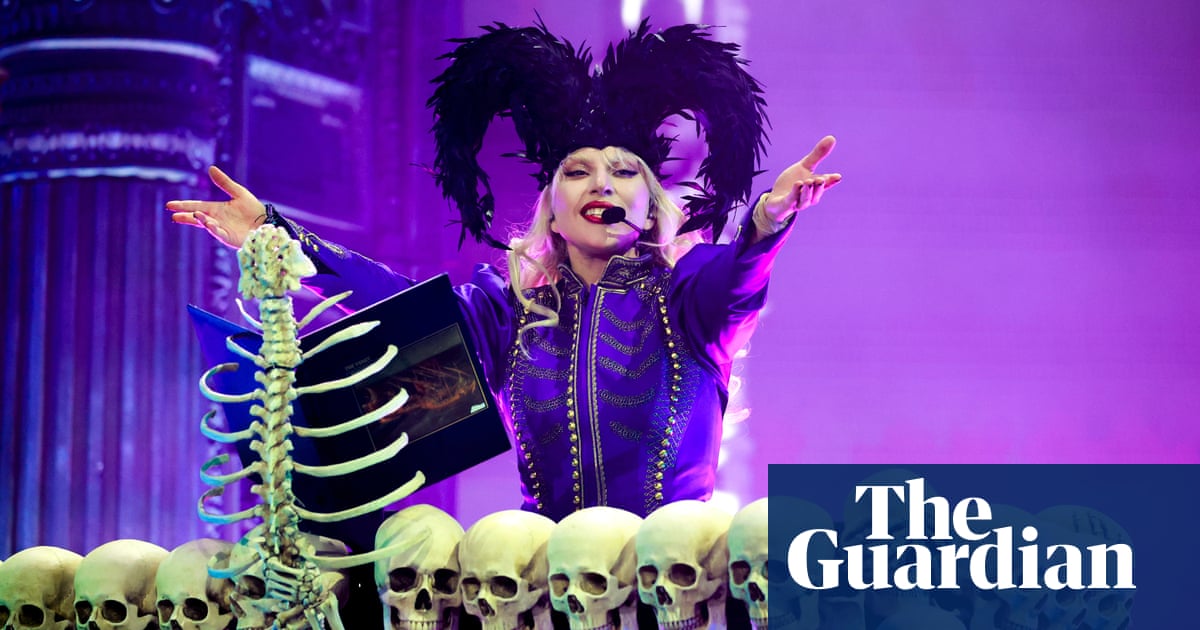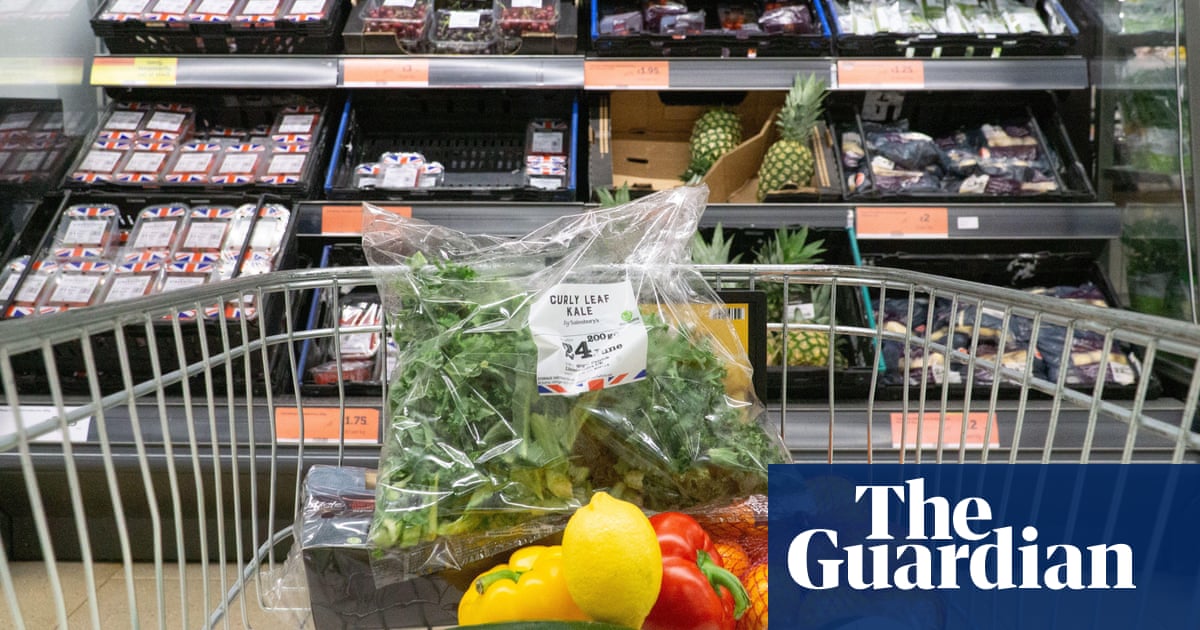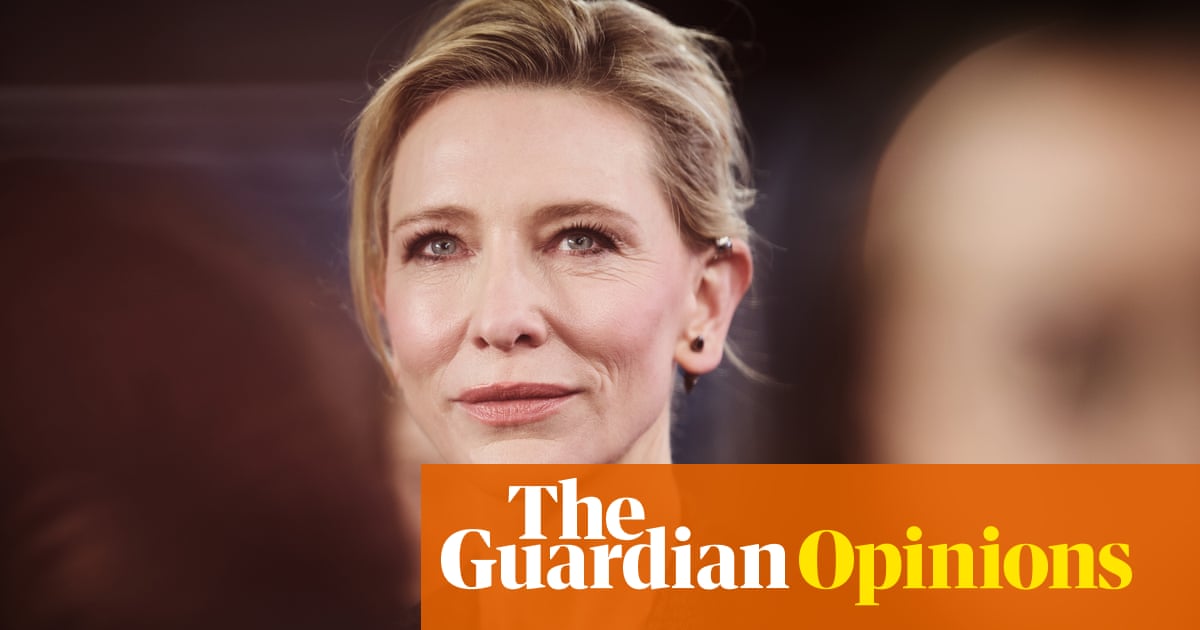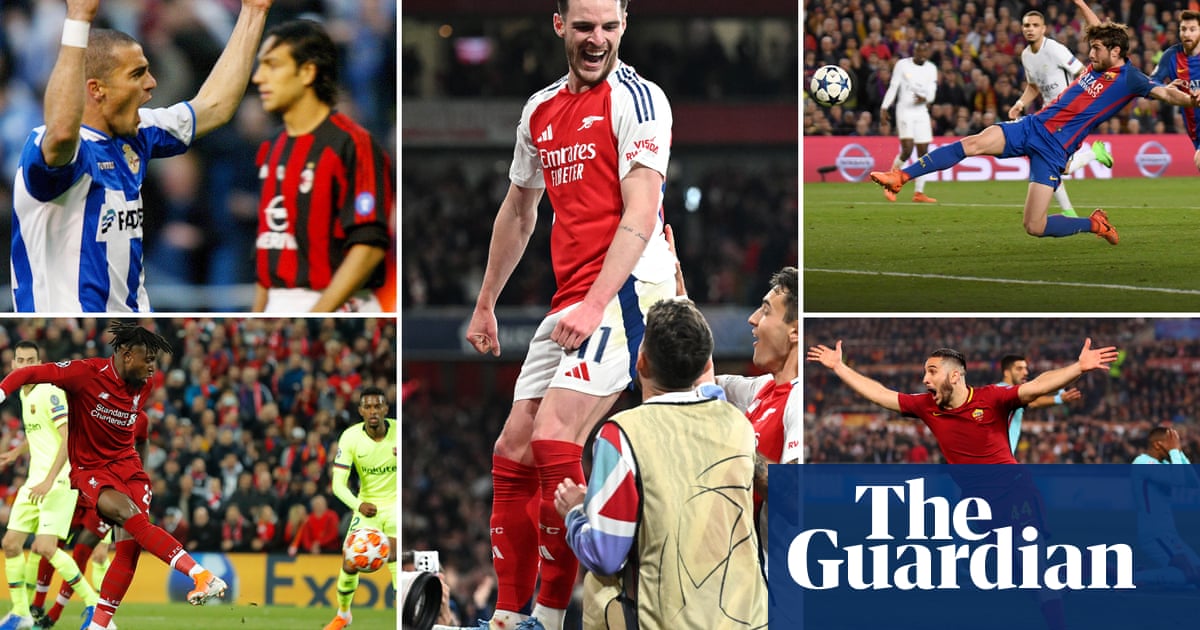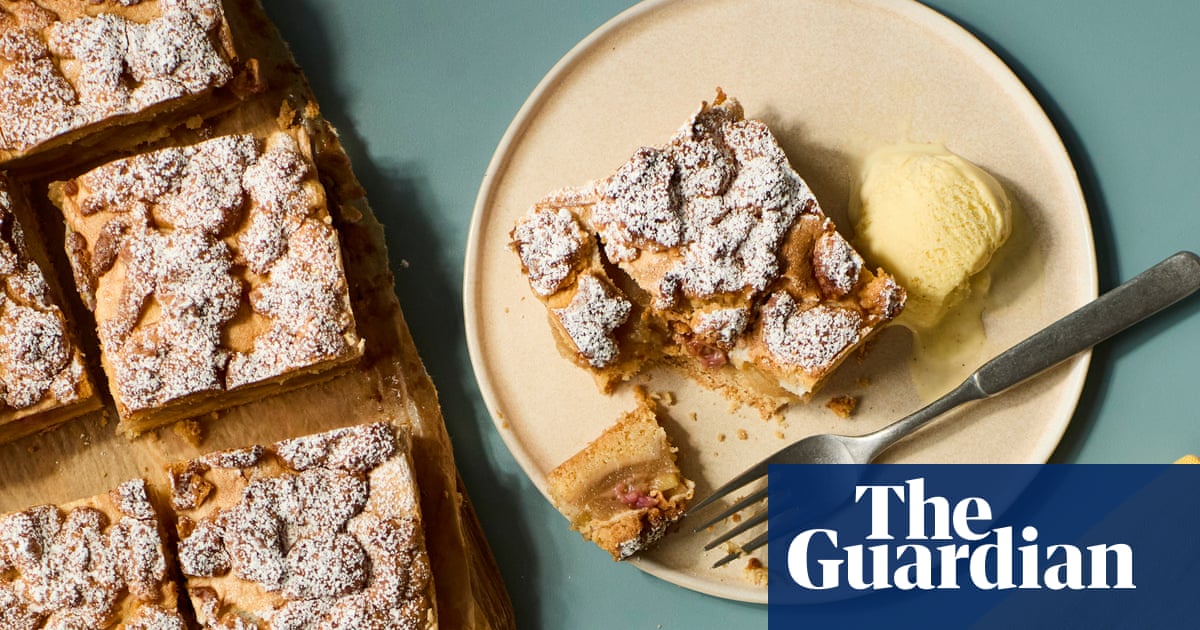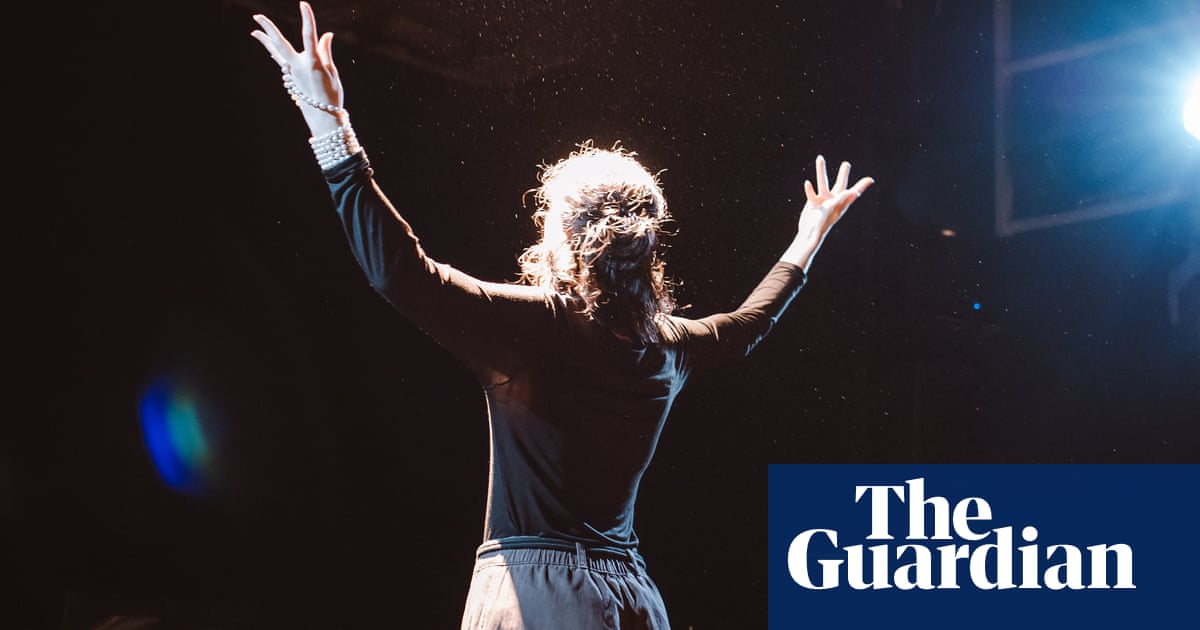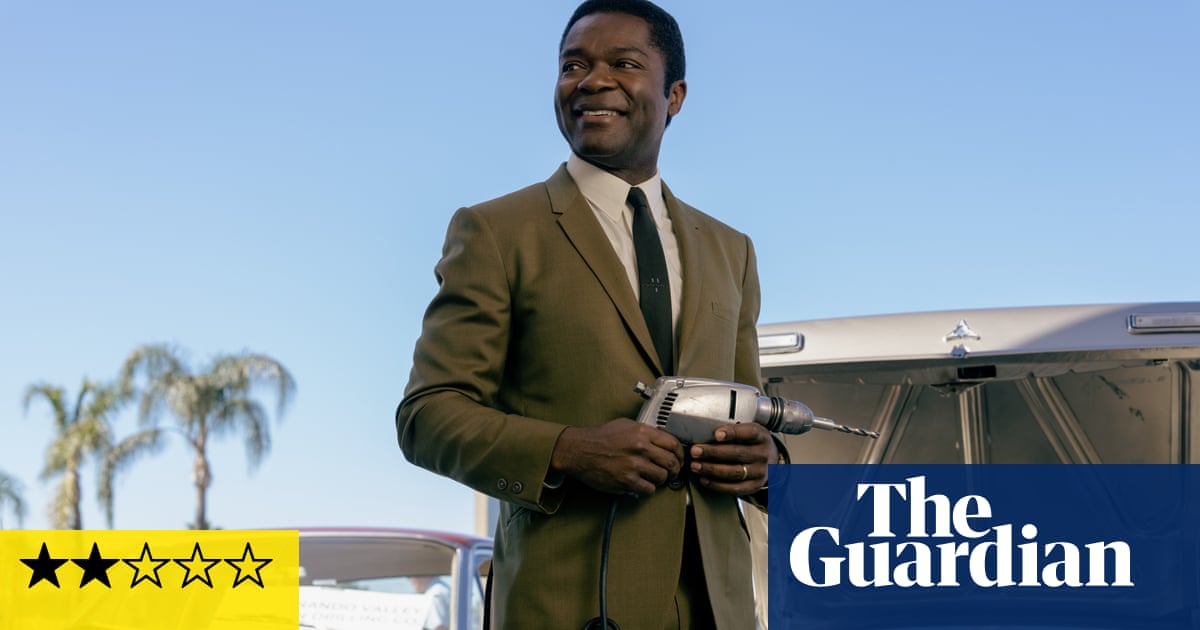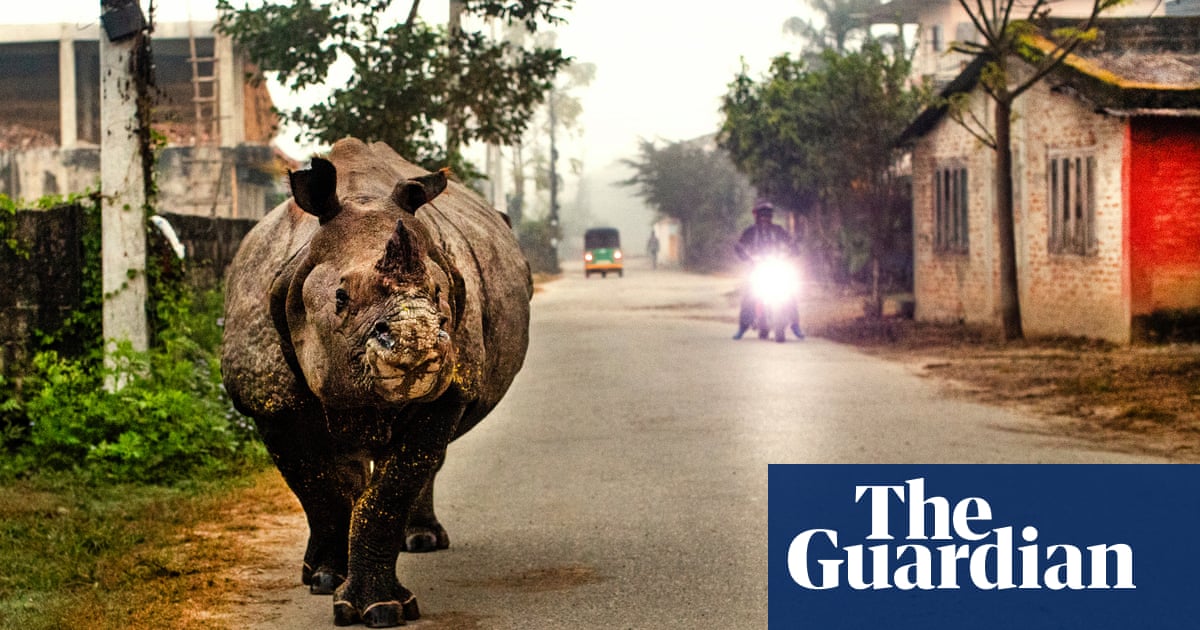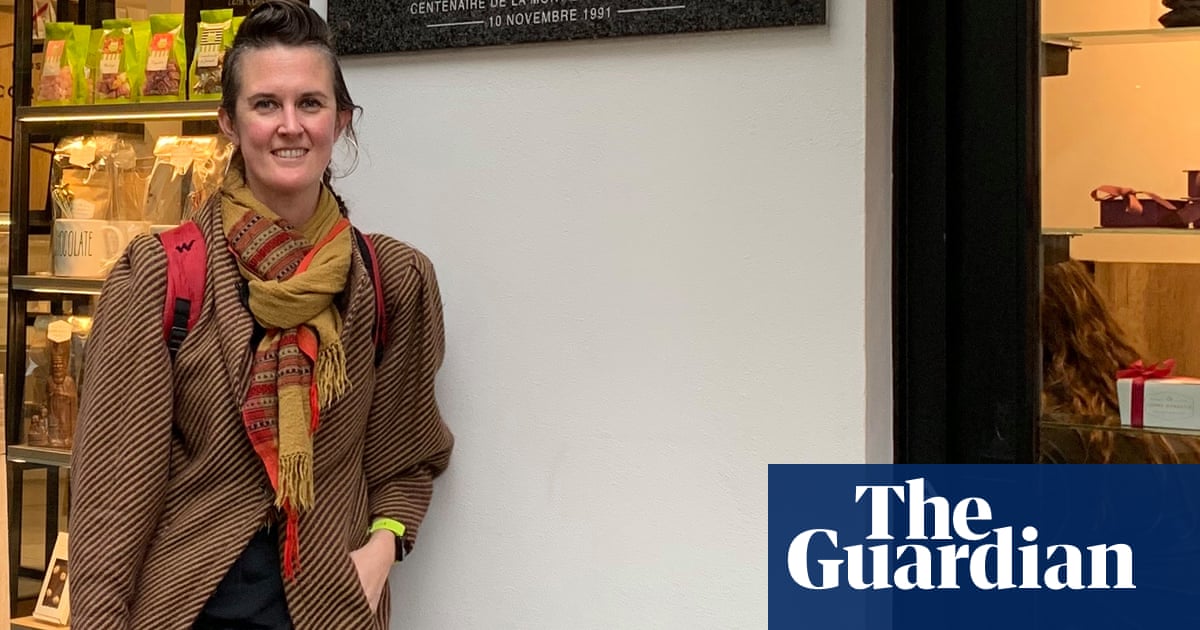Did you take your kids to see Santa this year? If so, how much did you pay? At one grotto in Winchester, it was £18.50 per child and £6 per adult, so no wonder if people took exception to his “blatantly fake beard” and “cheap red suit” and demanded their money back. “I’ve seen better Santas rolling around town on their way to Christmas parties,” one visitor complained. For that price, you’d expect a “Ho, ho, ho!” at the very least, but those weren’t apparently forthcoming, either. (As an aside, Hampshire really isn’t doing much to bolster its festive rep this year, after one of its vicars also apparently told schoolchildren that Santa isn’t real.)
Yes, it’s that time of year again – the season of the great Christmas fleecing, felt by all of us, but especially parents. Just what, exactly, are parents in Winchester paying £6 for? To stand there for five minutes and take a photo? At least London zoo doesn’t charge the adults at its Santa’s grotto. But the price – £17.50 per child – practically requires you take out a new mortgage, and doesn’t include zoo admission; and that’s for just your basic, no-frills meet-and-greet. If you want to opt for the “Meet Santa Deluxe”, it’s “only” £22.50 more per child. You find yourself wondering what, exactly, makes him so luxurious – a cashmere beard, perhaps?
I know I probably sound Grinchy, but I hate the money-making cynicism of it, and what that says about us as a nation (you want childhood magic? Well, it’ll cost you). Most galling of all is the horrific number of children in poverty who aren’t getting enough to eat, let alone to see Santa. Would it really be so hard for one of the many decent blokes with a DBS check to put on a costume and go to meet some children for free? Is that so rabidly socialist of me?
I am sure Santa didn’t cost anything in the 90s. I’ll admit, he might have been on a comedown and smelling faintly of Lambert & Butler, but at least you didn’t necessarily have to pony up to meet him. In Wales, there was one who used to do a drive-by round all the local villages on a float, waving, and when I was a toddler, my dad apparently did the honours for my London nursery, again, for no remuneration.
So I won’t be taking my son to meet Santa this year. The grotto we went to last year sold out faster than Oasis tickets and cost nearly as much. Although he was quite jolly and festive, and had a certain retro spirit (he recommended that we rub rum into our sobbing child’s gums), our boy cried his eyes out, not, I think, because he was teething or experiencing stranger danger, but because we had had to wait so bloody long – first in a hallway and then in a sort of fairy-light-clad holding pen. The whole experience resulted in an absolutely classic photograph, but I’m not keen to subject him to the experience again.
I’ll admit that I laugh at articles about donkeys wearing antlers and vaping elves as much as the next person. There is something inherently comedic, and dare I say quintessentially British, about the yawning gulf between expectation and reality. And it’s a year-round affair: I still don’t think any of us have fully recovered from the hilarity of February’s Glasgow Willy Wonka experience. But once you’ve stopped laughing and checked your bank balance, you start to wonder what it says about the kind of country we have become.
Many parents are simply getting sick of the constant fleecing. You shouldn’t have to pay £7 to follow your child around soft play, and you shouldn’t have to pay termly for baby classes that you end up missing because of endless viral infections. Fireworks should not cost £18.50 and involve subsidising the local private school. Yet if you can afford it, you find yourself paying up because, as social media constantly reminds you, you’re supposed to be #MakingMemories.
Memories, though, didn’t used to cost so much, or indeed anything at all. I know that part of growing up involves reminiscing nostalgically about the Christmases of your childhood, but I can’t help feeling that we’ve lost something. From the warm glow of multicoloured tree lights, which have been replaced almost universally with the harshness of white LEDs, to the collective experience of live television. To quote indie band the Futureheads, not entirely unironically, Christmas was better in the 80s. Maybe it’s time we tried to get it back.
-
Rhiannon Lucy Cosslett is a Guardian columnist

.png) 3 months ago
36
3 months ago
36

